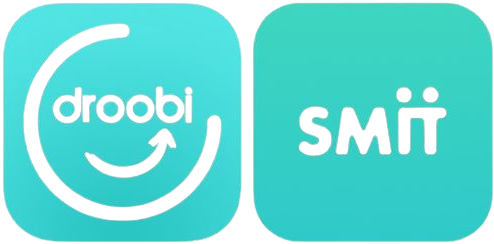Background: Around 17% of people in Qatar live with diabetes. This study reports on the impact of an Arabic digital therapeutics product, Droobi Health™ (DH) on glycemic control in patients with T2DM.
Methods: DH provides participants with a 16-week digital behavior change program tailored for people with T2DM. The programs are based on DSME content and AADE7 guidelines for T2DM, with the content localized to be culturally relevant. The DH app gives participants access to chat with a real-human CDE, tracking tools for blood glucose, weight, food intake, and physical activity, and weekly lessons. Participants at primary healthcare centers with T2DM and a starting A1c equal to or greater than 8% were provided the DH intervention. A post-intervention A1C was measured after three months. This study presents results from 633 participants who completed follow-up A1c.
Results: The mean pre and post-intervention A1c for 633 participants was 9.67% and 8.76% respectively, showing a mean reduction of 0.91% (95% CI 0.73%-1.09%, P≤0.001) . For women, the use of DH was associated with a statistically significant A1c reduction of 0.73% (95% CI 0.42%-1.04%, P≤0.001). For men, the use of DH was associated with a statistically significant A1c reduction of 0.99% (95% CI 0.75%-1.21%, P≤0.001).
Conclusion: Based on the results, participants have improved glycemic control outcomes, particularly male participants, underscoring DH’s potential to deliver a clinically effective intervention for people with T2DM in Qatar and across the Middle East.
Disclosure
N. Jandali: Stock/Shareholder; Droobi LLC. R. Saad: Employee; Droobi LLC.
